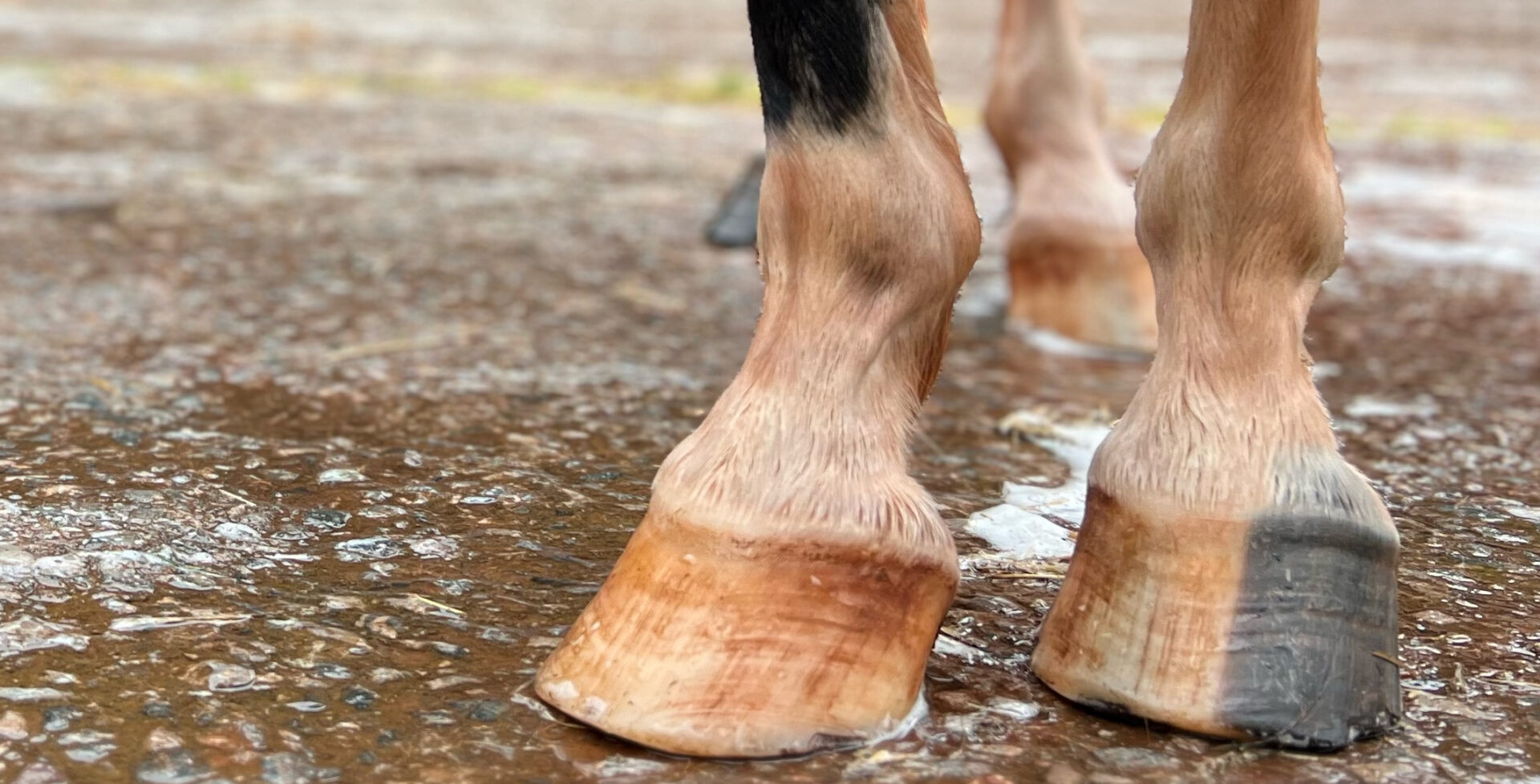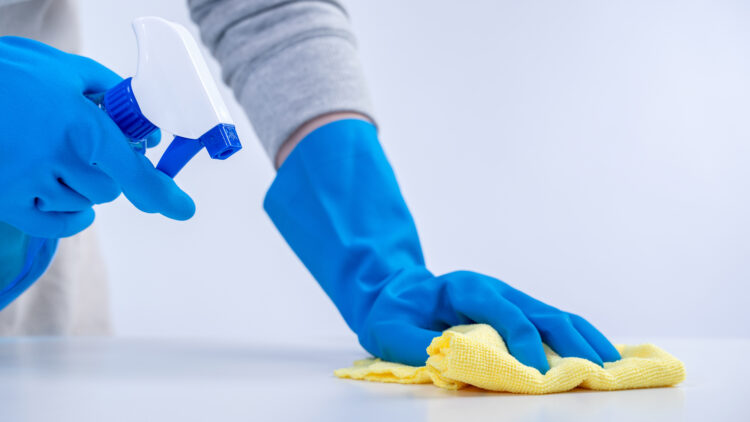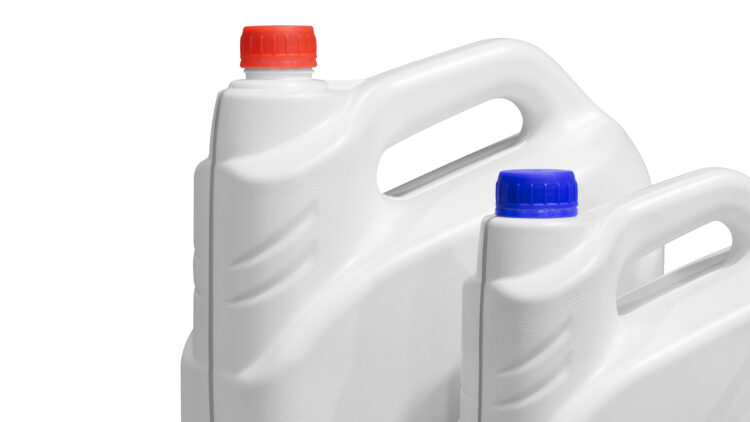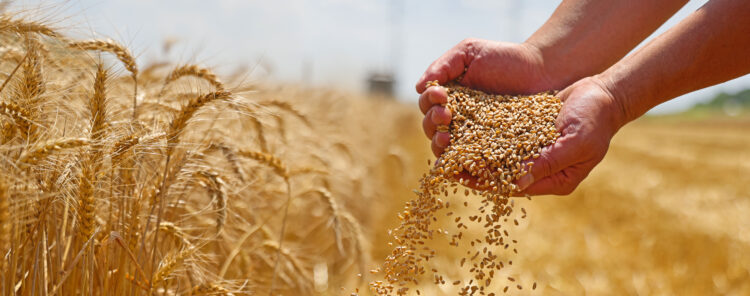The Importance of Safe Chemistries in Hoof Wash for Animal Well-Being

Explore what safe chemistries are commonly used in hoof wash solutions to prevent infections and strengthen hooves.
Hoof wash, often overlooked in animal care routines, plays a crucial role in maintaining the health and well-being of animals with hooves, including horses, cows, and goats. This simple yet effective practice involves cleaning the hooves regularly, which helps prevent infections, injuries, and discomfort for the animals.
One common ingredient used in hoof wash is iodine. Iodine has antiseptic properties that help kill bacteria and fungi present in the hooves, reducing the risk of infections such as thrush. It is particularly useful in damp conditions where the hooves are more prone to these issues. However, it’s essential to dilute iodine properly to avoid skin irritation.
Citric acid has natural antimicrobial properties, making it effective against bacteria and fungi that can cause infections such as thrush. By incorporating citric acid into hoof wash solutions, these harmful microorganisms can be effectively controlled, promoting overall hoof health.
Copper sulfate is another ingredient often used in hoof wash. It helps to harden the hooves, making them more resistant to wear and tear. This can be beneficial for animals that have softer hooves or are prone to hoof issues. However, like iodine, copper sulfate should be used in moderation and with caution to prevent over-drying of the hooves.
Zinc sulfate is a milder alternative to copper sulfate, providing similar benefits without the risk of over-drying. It can help maintain the health of the hooves without causing excessive hardness if this is your preference.
In addition to these, some hoof wash solutions may contain moisturizing agents such as glycerin or aloe vera. These ingredients help keep the hooves hydrated, preventing them from becoming too dry and brittle.




